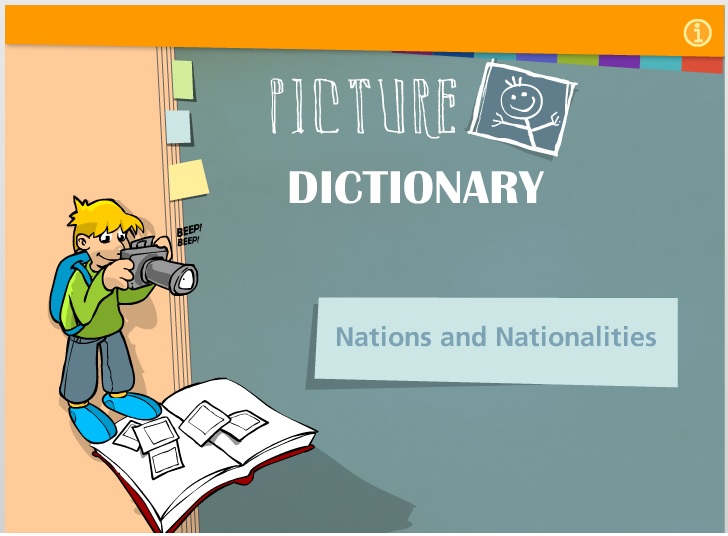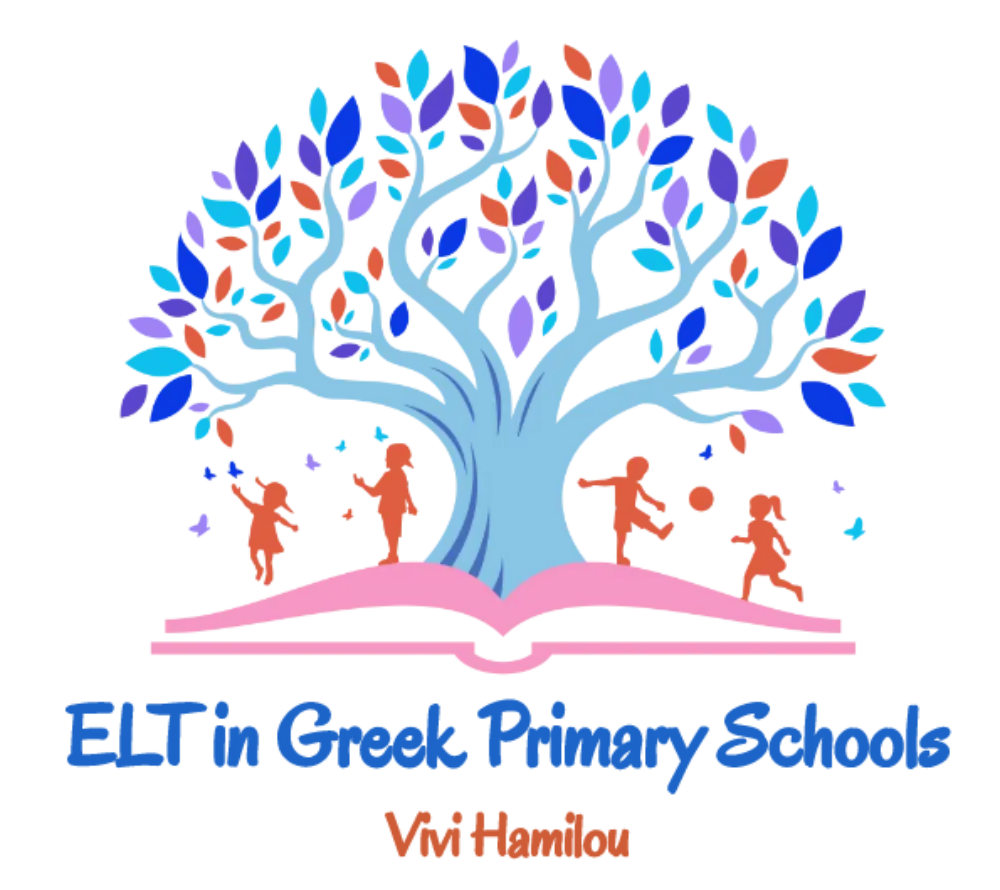
Vocabulary learning is a significant part of language learning. The more words a student learns, the better s/he becomes at receptive (reading and listening) as well as productive (writing and speaking) skills in the target language!
Every learner has his/her own way of studying/learning/consolidating new vocabulary. If you travel back to the times when you were a learner, you will definitely find you or your fellow classmates writing words in notebooks, making your own dictionaries with new words and their definitions, repeating words in an attempt to memorize them, or grouping them based on their meaning. And, no matter which strategy you followed back then, almost all of them leave you with a sense of dullness, exhaustion and/or vainness.
Nowadays, learners have the opportunity to work with new vocabulary in many more interesting ways, provided that they are willing to devote some time, have access to a computer with internet connection and are introduced to the right sites to refer to in order to pursue vocabulary enrichment. This year, at the Primary School of Efxeinoupoli, Magnesia, Greece, we are trying to make vocabulary learning and revision a bit more fun, by exploiting the Digital School and Photodendro! Learners will be introduced to specific links suggested by the enriched version of the digital school book and found at the digital educational repository called Photodendro.
Having, for instance, introduced the very first pages of the Unit 1 in the 5th and 6th grades, learners now have the opportunity to visit the school blog and practice with different vocabulary tasks related to the lessons we had in the aforementioned classes. To be more precise, 5th graders are invited to practice email reading and writing, and vocabulary related to computer parts, whereas 6th graders have the opportunity to revise countries and nationalities, as well as flags and Geography!
All of my 5th and 6th grade learners promised to work on these tasks as they were intrigued when they were presented with their content today and they said they would have plenty of time to devote over the weekend! And, although it is too soon to tell how this whole effort goes, their wide open, sparkling eyes tell me that vocabulary learning and revision may become indeed more fascinating and effective!
Have a great weekend, everyone! 😉


